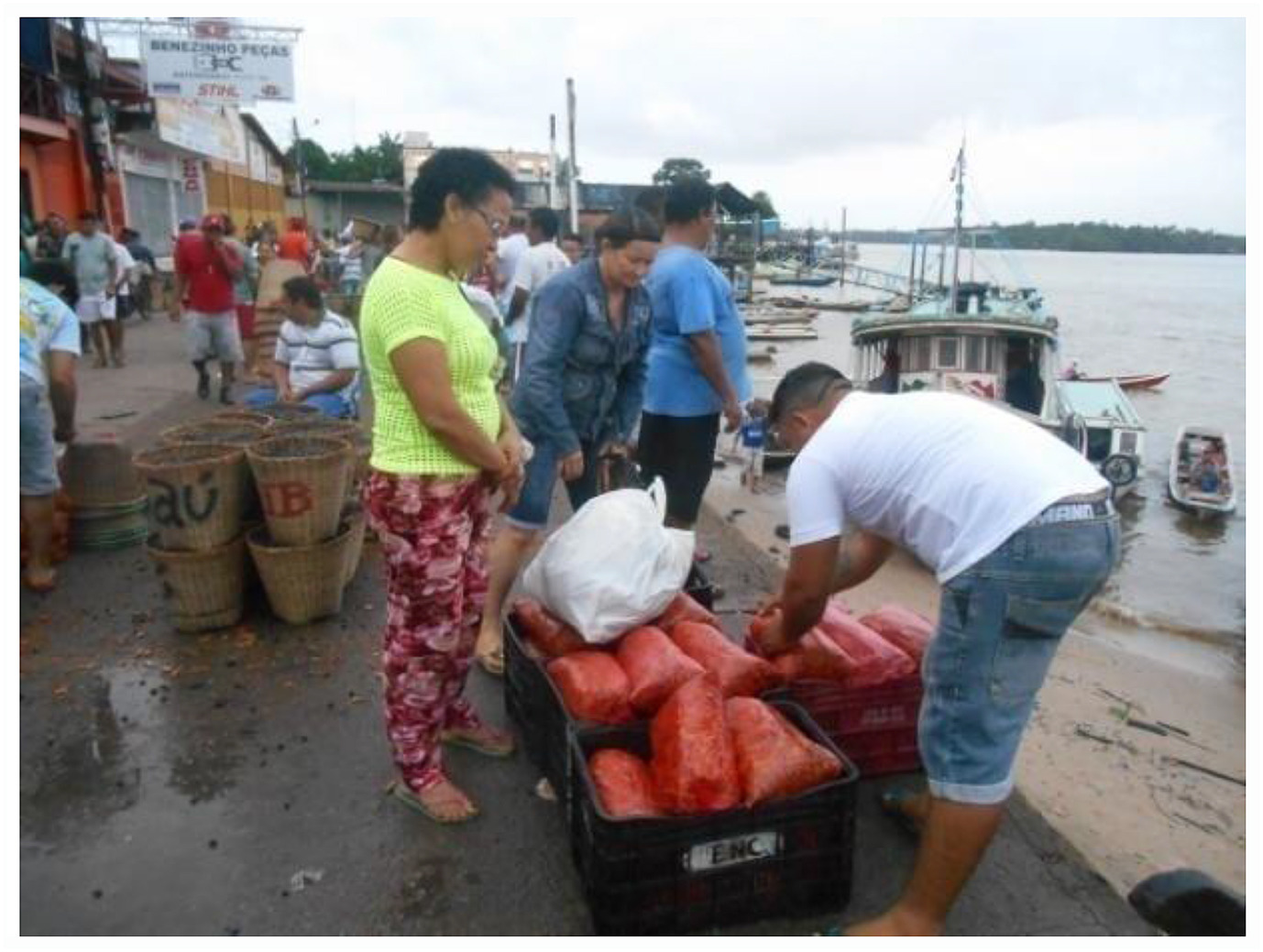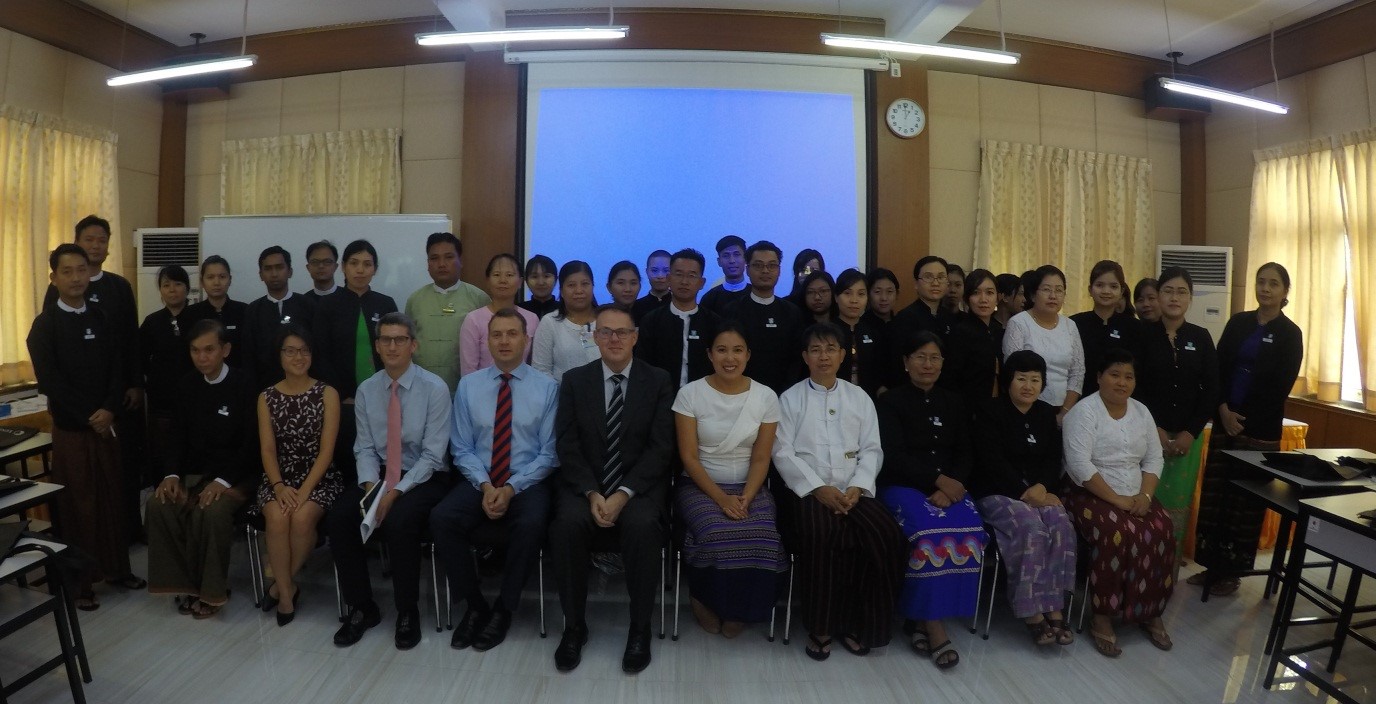Trade plays an instrumental role in the Sustainable Development Goals (SDGs), specifically SDG 8 (Decent Work and Economic Growth), SDG 10 (Reduced Inequalities), and SDG 17 (Partnerships for the Goals). Trade, being a key driver of economic growth and development, directly influences the global economy by creating jobs, reducing poverty, and fostering economic stability and sustainable development.
Under SDG 8, trade supports the promotion of inclusive and sustainable economic growth. By creating opportunities for employment and decent work for all, trade can help to improve living standards and stimulate economic development. Furthermore, trade openness and integration into the global economy can accelerate technological progress and productivity growth. It also allows countries to exploit their comparative advantage, thereby promoting efficiency in the allocation of resources and enhancing income opportunities for all.
In relation to SDG 10, trade has the potential to reduce inequalities within and among countries. The inclusion of marginalized groups into trading activities, both at the national and international levels, can enable these groups to benefit from the wealth generated by trade. This is particularly crucial in developing countries, where trade-led economic growth can help reduce income inequalities and facilitate social mobility.
In terms of SDG 17, trade is a crucial component of the global partnership for sustainable development. Effective and equitable trading systems can foster international cooperation, which is fundamental to address the challenges posed by poverty, inequality, climate change, and conflict. A multilateral trading system, based on rules agreed upon mutually by nations, can provide a framework for such cooperation.
However, for trade to be genuinely beneficial for sustainable development, it is essential to address issues like trade barriers, subsidies, and intellectual property rights that can exacerbate inequalities. Policy coherence at the national, regional, and international levels is needed to ensure that trade contributes positively to all the SDGs.



